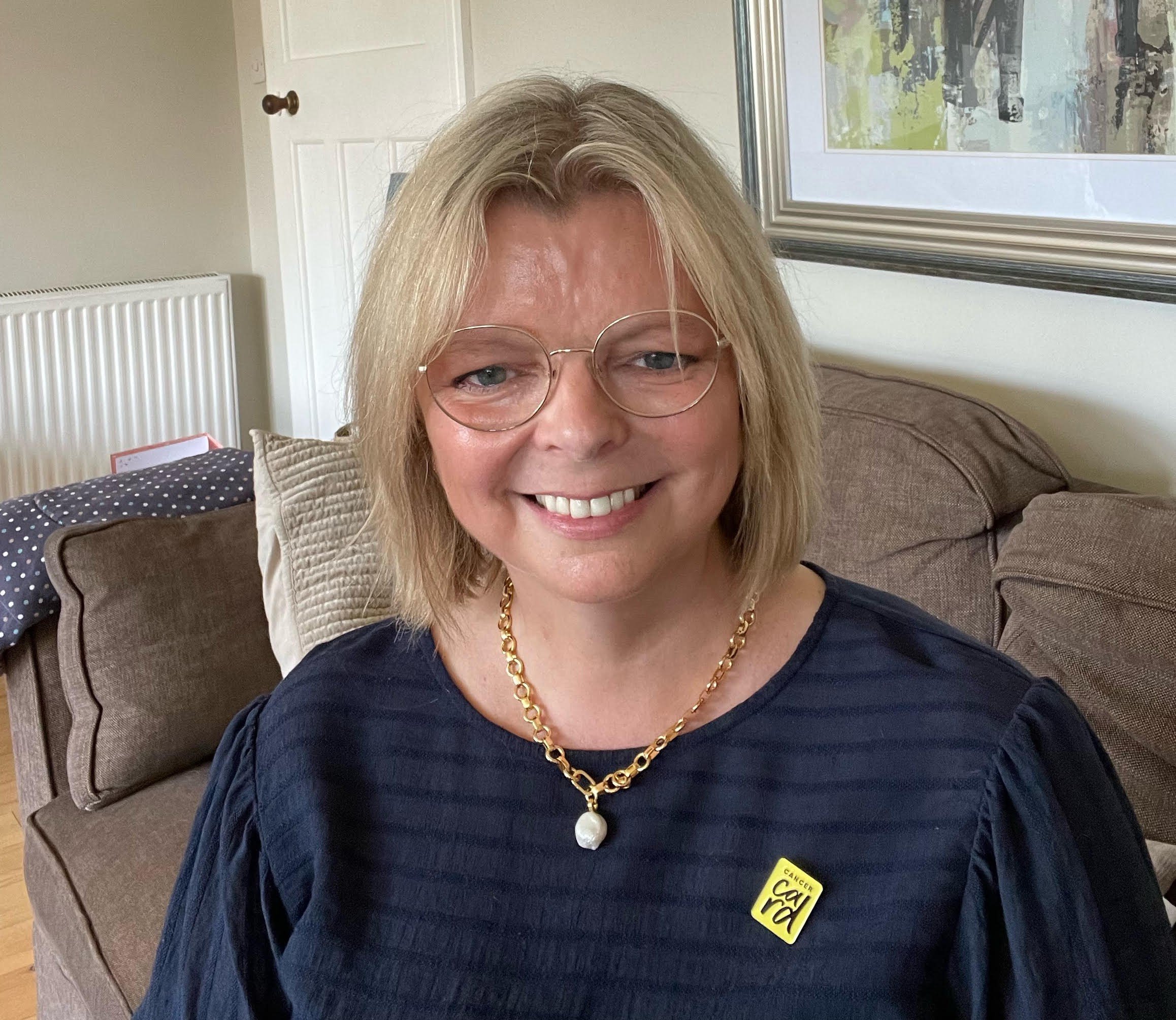
The latest from Perceptive Communicators
Unleashing the potential of the construction industry
According to the Construction Skills Network, the UK needs an additional 225,000 workers to meet construction demand by 2027. Finding enough people with the right skills has been plaguing businesses large and small and ultimately holding back the industry for years. But there remains immense untapped potential in women.
Perceptive takes stride towards PRide with hat-trick of shortlists
Glasgow-based communications specialist, Perceptive Communicators, has been shortlisted in three categories for this year’s industry-renowned PRide Awards. Hosted by CIPR, the annual awards shine a light on the best PR teams and campaigns across the UK.
The path to building a thriving business
Proving your business is sustainable financially was historically always the key point when dealing with investors and trying to get your business off the ground. Of course, this still remains the most fundamental pillar of any investor's decision. But nowadays, many investors want to know that their money is going into a project that they can be proud of, and is supporting a well being economy that prioritises people and planet.
Inspirational Scottish Cancer Card founder recognised on King’s Birthday Honours List
Jen Hardy, founder of Cancer Card which supports anyone affected by cancer, has been awarded a Member of the Order of the British Empire (MBE) award in the King’s Birthday Honours List 2023. The honorary awards recognise the most inspiring achievements and service of people across the UK.
Connecting Scotland’s remote Islands: Papa Stour in Shetland switches on high speed satellite internet for the first time
One of the most remote communities anywhere in the UK, the island of Papa Stour, located off the west coast of Shetland and home to only seven permanent residents, switched on high speed internet for the first time. This landmark milestone is part of the UK Government's ‘Very Hard to Reach Premises’ programme, which aims to connect the UK’s most remote homes and businesses.
Scottish para surfer to become first ambassador for Lost Shore Surf Resort
Jade Edward, who was the youngest ever female athlete at the International Surfing Association Para World Championships in California in December, has taken on a new role as an ambassador for a new inland surfing destination, Lost Shore Surf Resort, which will open in Scotland next year.
Diversity bolsters engineering strength
As managing director at a civil, structural and engineering consultancy, I often get asked whether a career in engineering is a good choice, and in particular for women.
As a new cohort of engineering graduates enter the workplace, I thought it would be interesting to conduct a short survey of my female colleagues to get their take on what it’s like to be in engineering.
At Will Rudd, women are excelling at all levels of the business…
Fast Satellite Connectivity Is Fuelling Scotland's Energy Revolution
Renewables by far dominate electricity generation in Scotland, with our output quadrupling since 2007, and renewables now representing 27,000 jobs. However, there is still work to be done, and the sector needs support to complete the transition in all areas, including renewable heat sources and transport.
Let’s get together
Christoph Ackermann, Architect and Principal at BDP explains why our workplace environments must adapt quicker, following a shift in post-pandemic working patterns.
Helping change lives is what keeps me going
Being diagnosed with incurable cancer in 2017 was a devastating blow for me and my family. Back then, I did not even think I would still be alive in 2023, never mind being honoured with an MBE in the King’s Birthday Honours List.
Cross Party Groups Opportunity
As a female founder, it was a welcome opportunity to be a panellist at an event at the Scottish Parliament encouraging the diversity of contributions at Holyrood. Organised by Women's Enterprise Scotland and the Institute of Directors is event is part of a wider mission to ensure all voices are heard at the Scottish Parliament, including at Cross Party Groups (CPGs).
Deputy First Minister unveils new green heating in Dalmarnock
The Deputy First Minister has switched on an innovative new District Heating Network in the east end of Glasgow . The system is part of a multi million pound investment by Clyde Gateway which is reducing energy costs and helping the transition to net zero.
Why Scotland has a golden future in precision medicine
As Chair of the Precision Medicine Scotland Innovation Centre I clearly have a vested interest, but precision medicine offers a unique opportunity to save lives, improve our economy and reduce our environmental impact. Precision medicine is the opposite of a one-size-fits-all approach to treatment, instead tailoring healthcare to the individual. This powers better treatment and diagnosis, including earlier interventions, more effective medicine development and aims to prescribe the right drug, first time.
Solar energy leading the charge for renewable energy
The rate at which we are switching from dependence on coal, gas and oil may not be fast enough to satisfy climate activists, but new analysis from the International Energy Agency (IEA), published last week shows that global investment in clean energy is now outstripping investment in fossil fuel production.
We all need to take homes to our hearts to build a better future
Everyone should have a place to call home and as I mark my first year as Chief Executive at Homes for Scotland, I have been pondering what ‘home’ means.
The reality is that we don’t have enough homes to meet the needs of those living and working in Scotland – threatening the life chances of our young people, impacting health and education outcomes, increasing social inequality and further degrading our social and economic wellbeing.
Designing feel-good homes to suit modern and flexible needs
The UK has always had a fascination with homes, but in a post-Covid world, our connections with our homes have become even stronger. According to the Office for National Statistics, 40% of working adults are now working from home - over three times as many as pre-Covid. Homes are no longer just for living. As all encompassing hubs to live, work, play and entertain, architects have more focus than ever on designing homes to enhance lives and create places where families can grow.
Green homes will drive the reimagination of age-exclusive living
When it comes to finding the perfect home, everyone has their own list of essentials, whether that’s a home office, proximity to transport links, space for family get-togethers or a garage for bikes and other sports equipment. The dynamic of how we use our homes and how much time we spend in them has changed in recent years and developers are continually refining their house styles in order to keep pace with how we live today.
Positive discrimination is the only way address the gender pay gap
Just a couple of months ago on International Women’s Day, my Twitter feed was full of companies publicly posting support, encouragement and thanks to their female staff. I also follow the Gender Pay Gap Bot (which automatically retweets all IWD tweets along with the actual gender pay gap for that company) and the hypocrisy was clear for all to see. When you consider that the first IWD was in 1911, it’s exhausting that we are still seeing the stark disparity that remains. Over 100 years of shining a light, but clearly, there is still more to do.
Politics can change fast. Make sure your business is ready.
It sometimes feels like we have been in political turmoil in Scotland and the wider UK for years. But two referendums, countless elections, numerous Prime Ministers and party leaders later, the same parties remain in government in Holyrood and Westminster with strong enough majorities to govern.
Perceptive Communicators appoints specialist team for further growth in science and public affairs
Perceptive Communicators has made two specialist appointments, with Sophie Newington joining as Communications Consultant and Jack Hope appointed to a newly created Public Affairs and Public Relations Manager role.
News and blogs
Fancy a chat over a coffee?
Get in touch to see how we could help you




















